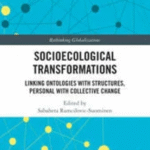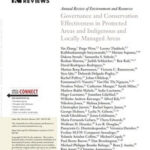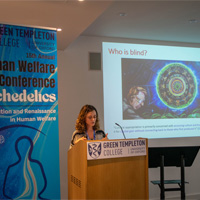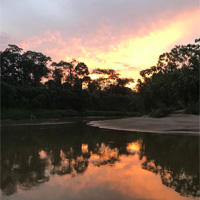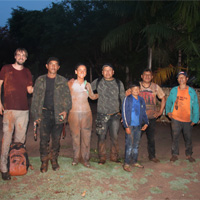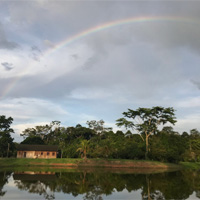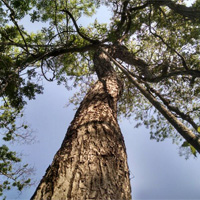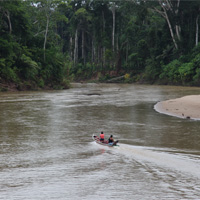Peter H. May, João Andrade, Jorge L. Vivan, Karen Kaechele, Maria Fernanda Gebara, Ricardo Abad. 1. ed. , 2012. v. 1. 88p.
This study presents a coarse grain analysis of a mix of public policies operating at the federal and state levels in the Brazilian Amazon and in Mato Grosso aimed to reduce deforestation and promote conservation of remaining biodiversity. The Brazilian Amazon is one of the world’s most biologically diverse biomes, subject to global and national pressures for land use change. Mato Grosso is the state which has historically led the region both in terms of the relative rate and absolute area deforested. It is also Brazil’s principal soybean, cotton and beef producer, and is hence an appropriate object for policy development aimed to slow the pace of forest destruction. In the light of past experience deforestation can be reduced through a combination of regulatory norms and market mechanisms, but the most effective instrument mix is as yet unknown. The study traces the evolution of national and state policy frameworks toward governance over land use change, in the light of past experience and current efforts to alter the requirements of the national Forest Code (FC). Mato Grosso has led initiatives in the Amazon for environmental licensing and state ecological economic zoning based on the FC, but now finds itself at a crossroads due both to uncertainty over the underlying regulation and stakeholders’ demands for lexibility in land use control to permit further agribusiness expansion into fragile areas. Municipal governments are demonstrating capacity to exercise commitments to meet deforestation reduction targets, through improvements in governance and adoption of better production practices at different scales, including agrarian settlements, colonist estates and medium-large scale ranches as well as Indigenous reserves. The study focuses attention on both existing instruments (such as the ICMS-Ecológico, zoning and licensing, agro-environmental measures and certification) and an emerging policymix built upon compensation for forest protection under the proposed Forest Code, allocation of value added revenues based on both protected areas and private land use, and other positive incentives to good forest stewardship. Trial simulations of these measures are identified and presented, as a basis for
more in depth fine grain assessment in an upcoming series of policy relevant research outputs with a focus on Northwest Mato Grosso.




